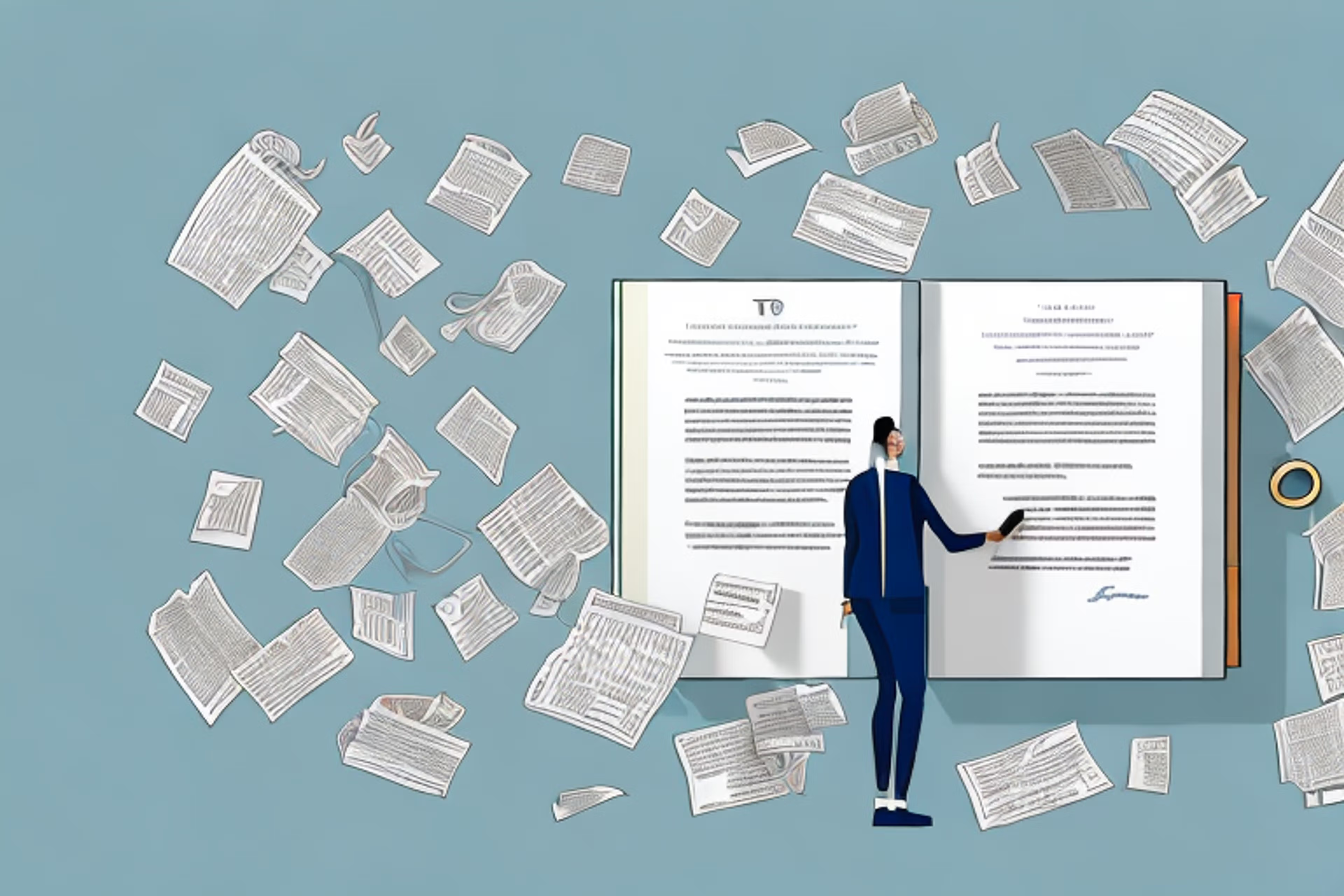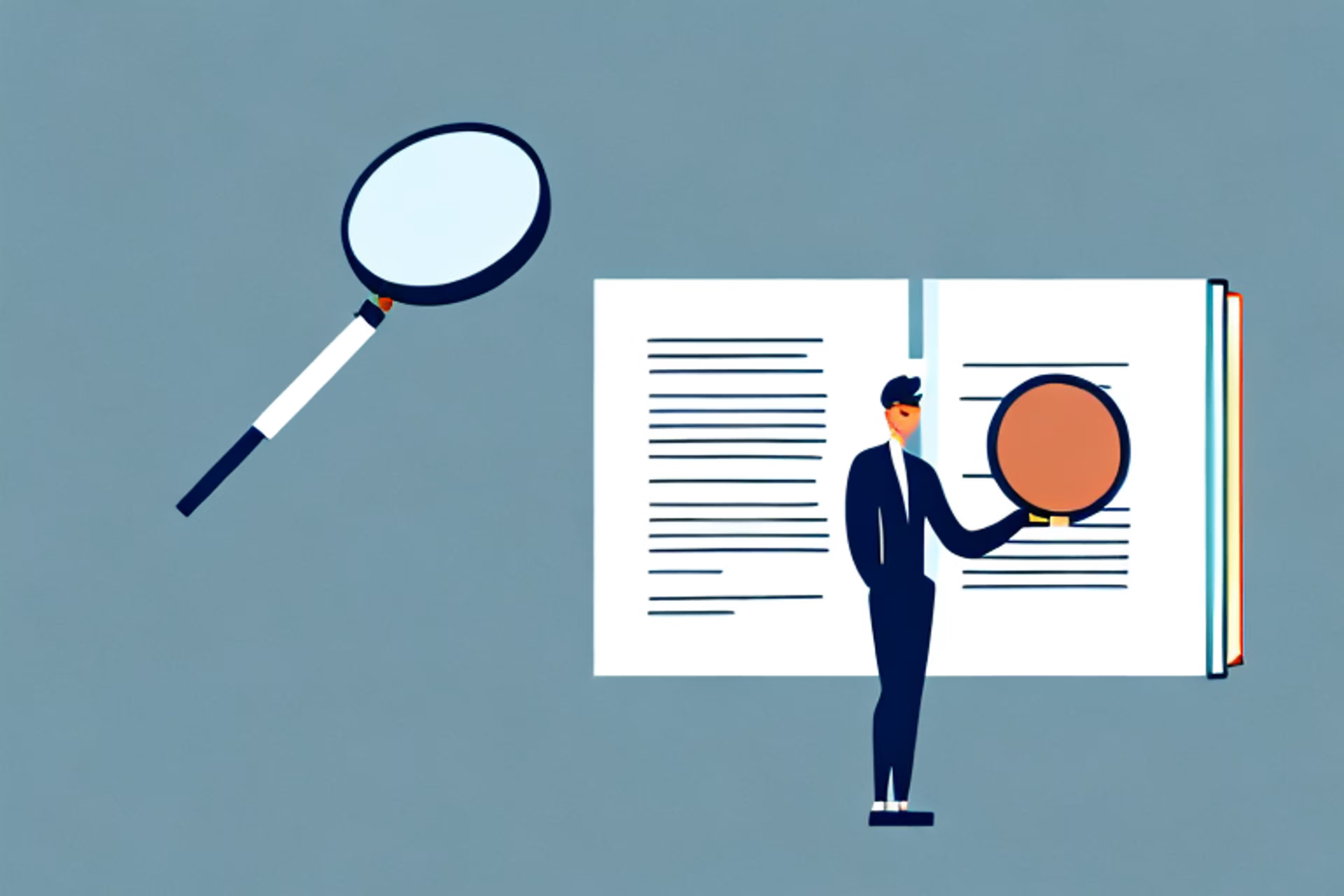How to Ace Your Alpine Investors PE Interview
If you're preparing for an Alpine Investors PE interview, this article is a must-read! Discover insider tips and strategies to help you ace your interview and land your dream job in private equity.
Posted March 6, 2025

Table of Contents
If you're aiming to work in the private equity industry, then an interview with Alpine Investors can be a critical opportunity to secure a position that matches your ambitions. However, successful candidates know that acing an interview at Alpine Investors requires more than just a polished resume and excellent communication skills. It requires deep insights into the interview process, the company, and the industry, as well as thorough preparation, confidence, and enthusiasm. In this article, we'll dive deep into the details of how you can ace your Alpine Investors PE interview, from understanding the process to researching the company, preparing your responses, and following up effectively after the interview.
Understanding the Alpine Investors PE Interview Process
The Alpine Investors PE interview process typically consists of several stages, each of which aims to assess different aspects of your fit for the role and the team. Typically, after you submit your application and resume, you'll be invited for a screening interview with a recruiter or a member of the HR team. This interview may last 30-60 minutes and will evaluate your basic qualifications, career goals, and motivations. If you impress the interviewer, you'll progress to a second round of interviews, which may involve meeting with analysts, associates, and senior members of the team. The interviews may focus on various aspects of the private equity industry, such as due diligence, deal sourcing, or portfolio management, as well as your technical skills, teamwork abilities, and communication skills. The interviews may also include case studies or behavioral questions to assess how you approach problem-solving and handle uncertainty. Finally, if you're selected as a top candidate, you may have a final round of interviews that involve meeting the firm's top management and possibly participating in some introductory training or orientation sessions.
As these are general interview formats we often see in the PE industry, be sure to check with your recruiter to confirm the details of your particular interview process!
Researching the Company and Its Portfolio
Spend some time researching the company's history, values, and portfolio. This will help you tailor your interview responses and prepare meaningful questions for the interviewers. You should read news articles, press releases, and annual reports to get a sense of the company's recent successes, challenges, and goals. During the interview, you can demonstrate your knowledge by highlighting how your skills and experience align with the company's investment philosophy, how you can provide value to its existing portfolio companies, or how you can contribute to its future growth. You should also be ready to speak about the private equity industry in general and how it has evolved in recent years, especially in relation to the industries that the company is interested in. This will show that you're a well-informed and passionate candidate.
Here are some quick facts about Alpine Investors to help you with this process:
- Mission: "Alpine believes that inspiring growth in people is the best way to build enduring businesses. That’s why our PeopleFirst operating philosophy guides everything we do. We work with, learn from, and develop exceptional people, to create a virtuous cycle of financial and operational wins that, in turn, contribute to greater personal fulfillment. Our ultimate goal? Climb higher, smarter, and faster to create a world where people and businesses both thrive."
- Values: Candor and Intellectual Honesty, Continuous Improvement, Diversity, Empowerment, Harmonious Lives, Persistence, Unwavering Character
- Portfolio: See here for a complete list of Alpine Investors' companies.
Preparing Responses for Common Interview Questions
One of the most important steps in acing your Alpine Investors PE interview is preparing your responses to some of the most common interview questions. These may include questions about your past experiences, your strengths and weaknesses, your career goals, and your fit with the company's culture and values. You should practice framing your responses in the form of narratives that highlight your achievements, challenges, and growth opportunities. You should also use specific examples and metrics to support your claims, such as how you contributed to a successful deal, improved a team's workflow, or solved a tricky problem. Be ready to discuss your technical skills, such as financial modeling, valuation, or market analysis, and how you've used them in your past roles. Finally, you should prepare questions to ask the interviewers, such as how the firm approaches due diligence, its typical deal size, or how it fosters teamwork and collaboration.
Here are some common interview questions to expect during your interviews:
Behavioral
- Tell me about yourself.
- Why private equity?
- Why Alpine Investors?
- Could you provide a detailed overview of your work history, emphasizing your roles, responsibilities, and key accomplishments in each position?
- Describe a successful project you led. What did you learn from it?
- What is your investment philosophy?
- How do you stay updated on industry trends and market conditions?
- Tell me about a particularly challenging situation you encountered in a professional setting. How did you handle it, and what were the results?
- Can you tell me about a deal or investment opportunity you've worked on in the past? What was your role, and what was the outcome?
- Give an example of a time when you had to persuade or influence a team member or colleague to support your idea or approach.
- Discuss a deal that didn't go as planned. What challenges did you face, and how did you adapt to the situation?
- Discuss a situation where you had to make a tough decision with incomplete information. How did you approach it, and what was the outcome?
- Can you share a situation where you had to adapt your investment strategy due to changing market conditions or unforeseen events?
- What are your strengths and weaknesses?
- What do you like to do in your spare time?
Technical
- Walk me through a typical LBO (leveraged buyout) transaction.
- What are the key components of a company's capital structure?
- How do you determine the purchase price in an LBO deal?
- Explain the concept of EBITDA (Earnings Before Interest, Taxes, Depreciation, and Amortization) and why it's important in private equity.
- What are the primary sources of debt financing in an LBO?
- What is the significance of the debt-to-equity ratio in an LBO?
- How do you calculate the internal rate of return (IRR) for a private equity investment?
- What are the main valuation methodologies used in private equity, and when would you use each one? (e.g., comparable company analysis, precedent transactions, DCF)
- Can you explain the concept of a "multiple" in private equity valuation?
- What factors would you consider when assessing the risk of an investment in a particular industry?
- Describe the due diligence process in a private equity transaction. What key areas would you focus on?
- What is the difference between minority and control investments in private equity, and how does the investment strategy differ for each?
- How would you assess the operational performance of a portfolio company, and what strategies might you implement to improve its performance?
- What are the exit options for a private equity investment, and how do you decide which one to pursue?
- Can you explain the concept of a "management fee" and a "carried interest" in the context of a private equity fund?
Questions to Ask & Following Up
When interviewing for a position at Alpine Investors or any private equity firm, it's essential to demonstrate your interest in the firm and the role you're pursuing. Asking thoughtful questions can help you gain a better understanding of the firm's culture, investment strategy, and expectations. Here are some questions to consider asking your interviewer:
- Can you describe the firm's investment philosophy and strategy at Alpine Investors?
- What is the firm's approach to adding value to portfolio companies? Can you share some examples of successful value-creation initiatives?
- How does Alpine Investors differentiate itself from other private equity firms in terms of culture and investment approach?
- Can you describe the typical career progression for someone in this role? What are the long-term opportunities within the firm?
- How does Alpine Investors approach due diligence when evaluating potential investments?
- What is the firm's stance on ESG (Environmental, Social, and Governance) considerations in its investment decisions?
- Can you tell me more about the team I would be working with and their backgrounds and expertise?
- What are the key qualities or skills that Alpine Investors values most in its team members?
- What recent successful exits or investments has the firm been involved in, and what lessons were learned from those experiences?
- How does the firm manage risk in its investment portfolio, and how does it adapt to changing market conditions?
- What is the typical timeline for investment decision-making, from sourcing to closing a deal?
- How does Alpine Investors support professional development and learning opportunities for its employees?
- What are some current trends or challenges in the private equity industry that Alpine Investors is actively addressing?
- Are there any upcoming or ongoing initiatives or projects within the firm that I would be involved in if I were to join?
- What is the firm's outlook for the future, and how does it plan to navigate potential economic and industry-specific challenges?
After the interview, you should follow up promptly and professionally to stand out as a top candidate. You should send a thank-you note within 24 hours of the interview, expressing your gratitude for the interviewers' time and insights, and highlighting some of the key points you discussed during the interview. You may also want to add some extra information or insights that you didn't have a chance to mention during the interview, as long as they are relevant and concise. You should avoid repeating your resume or the interviewers' responses, as this may appear redundant. Finally, you should demonstrate your appreciation for the company and your enthusiasm for the role, and invite the interviewers to follow up with you if they need further information or clarification.
General Tips for Success
- Research the Firm: Thoroughly research the private equity firm you're interviewing with. Understand its investment strategy, portfolio companies, culture, recent deals, and any specific sectors or industries it focuses on.
- Know the Basics: Ensure you have a solid understanding of fundamental financial concepts, such as financial statements (income statement, balance sheet, cash flow statement), valuation techniques, and investment structures (LBOs, growth equity, distressed debt).
- Case Studies: Familiarize yourself with the case study approach. Be ready to analyze a business or investment opportunity and present your findings logically and succinctly.
- Behavior and Fit: Exhibit professionalism, enthusiasm, and cultural fit throughout the interview. Private equity firms often prioritize candidates who fit well with their team and culture.
- Stay Calm and Confident: Interviews can be nerve-wracking, but maintain your composure. If you don't know an answer, it's okay to say you're not sure, but try to logically reason through the question.
Where Can I Start?
Private equity is becoming an increasingly competitive industry and the application process can be difficult to go through alone. Here are some of our additional PE resources to help you navigate the job hunt and recruiting journey.
- How to Ace Your Blackstone PE Interview
- The Best Venture Capital & Private Equity Newsletters and Podcasts
- The Top 10 Private Equity Firms for Oil & Gas
- The Top 10 Private Equity Firms for Construction
- The Different Types of Buy-Side Firms–and How to Choose One
- How to Ace Your TA Associates PE Interview
For personalized advice and guidance, work one-on-one with an expert Leland PE coach. They have experience at top companies and can help with any part of the application, recruiting, and hiring processes. A few of our top recommendations are below, and you can see our full list of world-class PE coaches here.
Final Note
Leland provides you with the content, community, and coaching that you need to build your dream product management job and accomplish other ambitious goals. Sign up today to gain access to additional free resources, community events, small group classes, world-class coaching, and more.











